Best AI Content Publishing Tools for Reddit in 2026
AI SEO | AEO | LLM SEO

This blog is curated and hosted by the outwrite.ai platform itself - yours can look just as good 3 minutes from now.
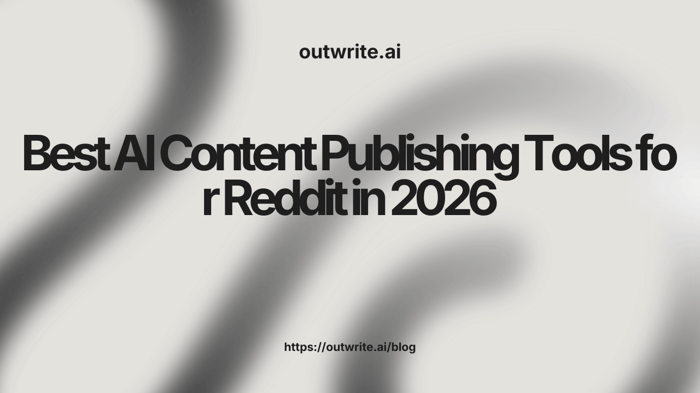
AI SEO | AEO | LLM SEO
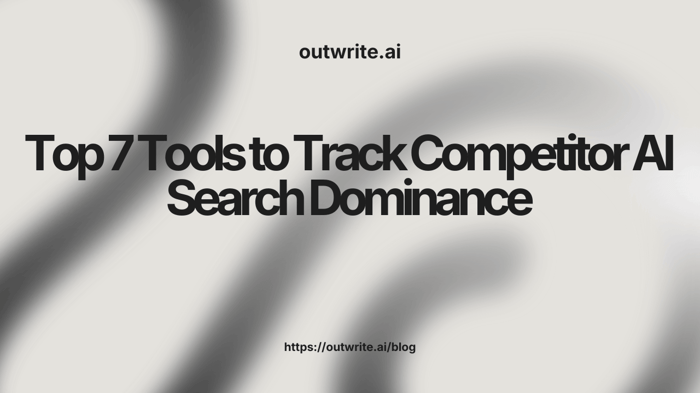
Tips | AI Search | AI Answer Inclusion
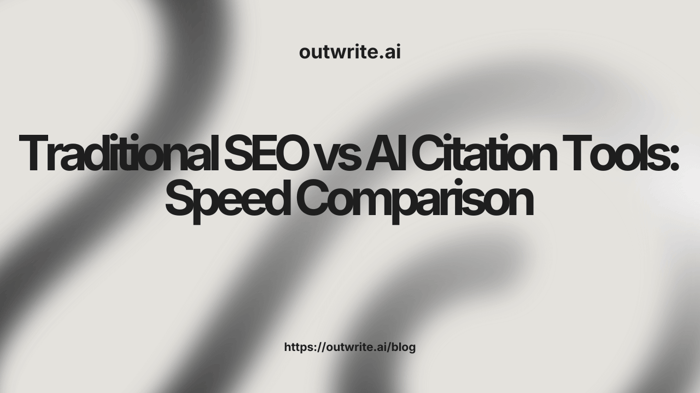
Tips | AI Search | AI Answer Inclusion
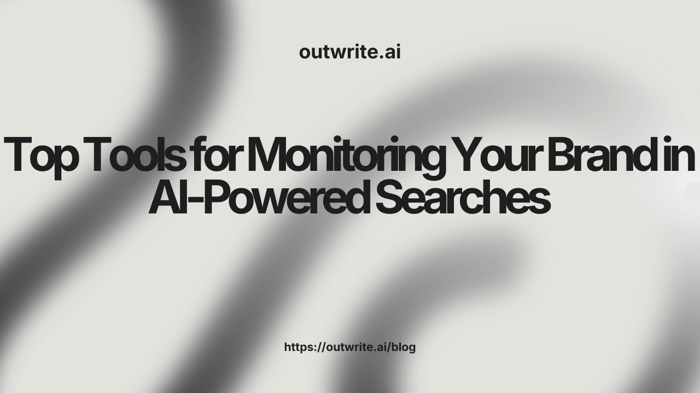
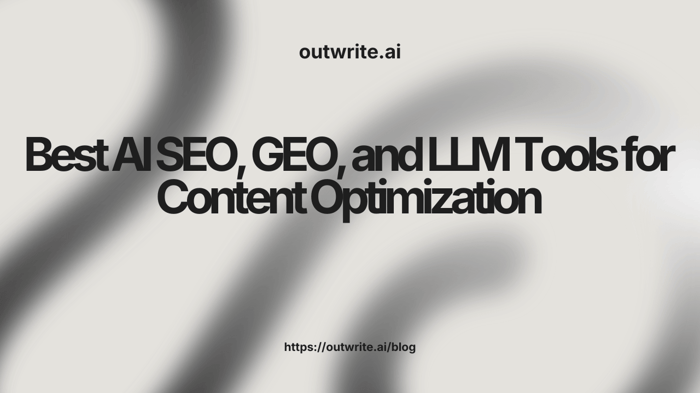
AI SEO | GEO | AEO | LLM SEO

Tips | AI SEO | AI Search
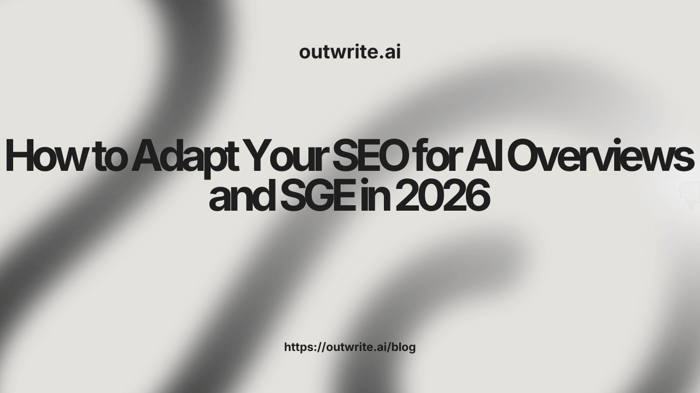
AEO | AI Search | AI Answer Inclusion
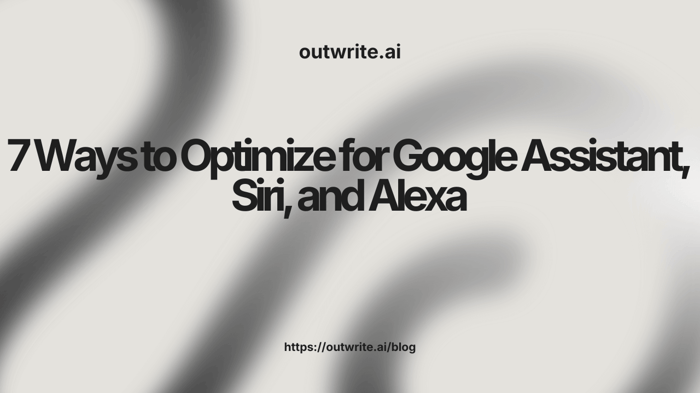
Tips | AI SEO | GEO | LLM SEO
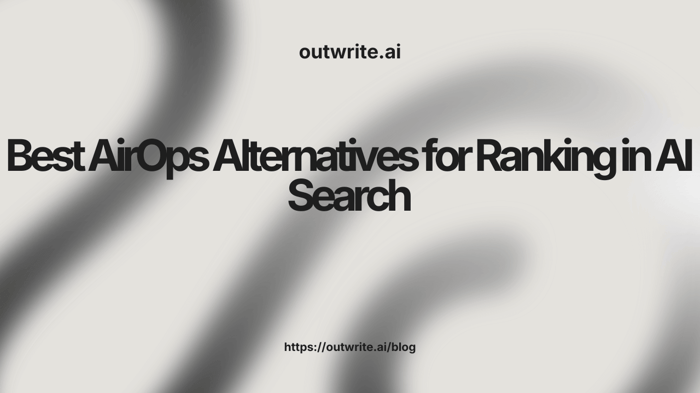
AI SEO | AEO | AI Search
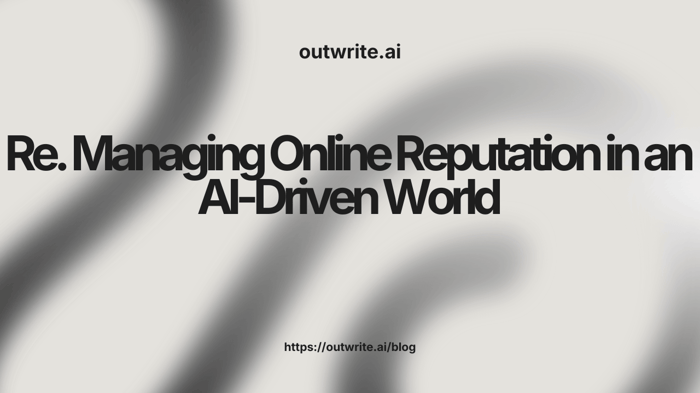
AI SEO | LLM SEO | LLM Citations